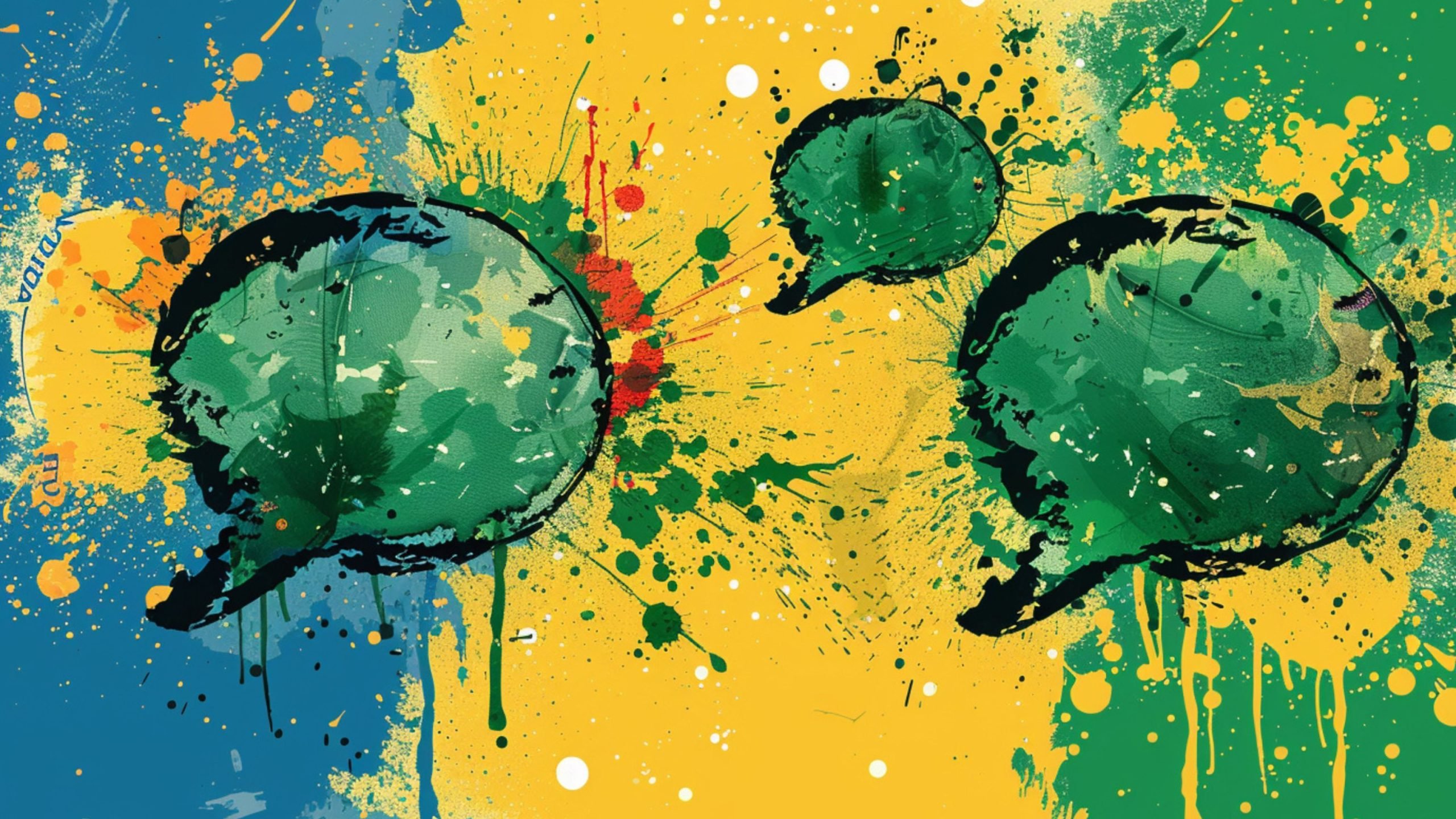
reclaimthenet.org
Brazil’s Supreme Court Backs Platform Liability in Shift Toward Tighter Online Speech Controls
If you're tired of censorship and dystopian threats against civil liberties, subscribe to Reclaim The Net.
Brazil’s Supreme Court has taken a major step toward changing the legal landscape for online platforms, with a ruling that could hold tech companies directly accountable for content published by users.
The partial decision, issued Wednesday, indicates that a majority of justices support scrapping the current “notice-and-takedown” model in favor of broader corporate liability, even before courts intervene.
Six of the eleven justices have already voted in favor of shifting responsibility onto platforms for user posts deemed “unlawful,” potentially exposing companies like Meta, Google, TikTok, and X to legal penalties simply for hosting such content.
This dramatic pivot threatens to upend how social media operates in Brazil, where more than 200 million people rely on digital platforms for everything from news to political discussion.
Justice Gilmar Mendes, speaking for the prevailing side, denounced the existing legal standard, calling it “a veil of irresponsibility for digital platforms.”
He argued that the law allows companies to ignore harmful or criminal content unless specifically ordered by a judge.
“Even if they are informed of the occurrence of crimes on their platforms, they (currently) cannot be held responsible for damages caused by keeping this content online, except in the case of a court order,” Mendes said.
Only one judge, so far, has defended the current framework, which limits corporate liability to situations where companies ignore official takedown requests.
The remaining four justices have yet to cast their votes, and while past votes can technically be revised, such reversals are rare. Final deliberations are scheduled to continue Thursday.
The court has not reached an agreement on what kind of user content would be subject to sanctions under this new liability regime, leaving key legal questions unresolved.
Court president Luis Roberto Barroso acknowledged that the ruling remains incomplete and pledged to work with his colleagues to settle the specifics.
Major platforms have warned of the dangers of such legal ambiguity. Meta, citing a statement from earlier this year, said making platforms responsible without notice would leave them “liable for virtually all types of content even without having been notified.”
Google, anticipating the vote, called for careful legal reform that ensures procedural safeguards to avoid “indiscriminate content removal.”
If you're tired of censorship and dystopian threats against civil liberties, subscribe to Reclaim The Net.
The post Brazil’s Supreme Court Backs Platform Liability in Shift Toward Tighter Online Speech Controls appeared first on Reclaim The Net.










